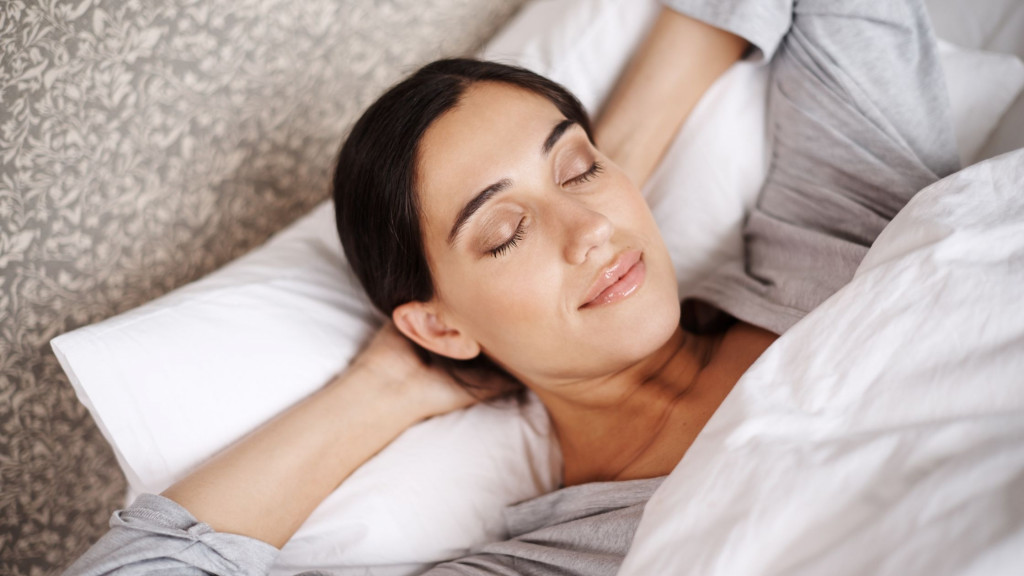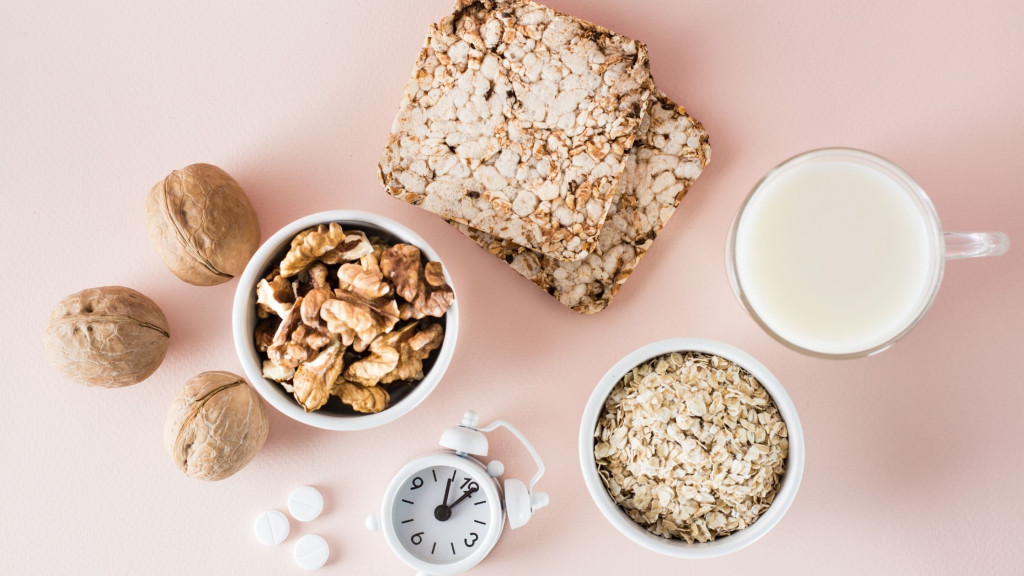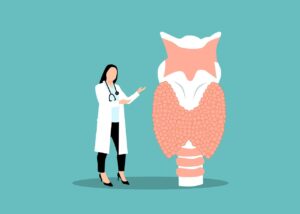Sleep or in fact better sleep has many purposes and benefits that together help to ensure the optimal functioning of the body as well as our physiological and psychological health. Sleep is a time of physical restoration, repair, and renewal of tissues, neutralization of toxins, restoring normal levels of various blood and tissue metabolites, and stabilizing of our internal environment.
Good sleep is essential for optimal energy levels, strong immunity, healthy functioning of all body systems, and increased productivity in day-to-day activity. It is a must for boosting metabolism, improving body competition, and exercise performance. Also helps to fight aging and stress.
Suggestions for Better Sleep
Sleep planning:
- Maintain a dark room and avoid lights and electronic devices, avoid exposure to bright lights as they interfere with melatonin production essential for sleep.
- The bedroom must be room temperature or slightly cooler as hotter temperatures may lead to disturbed sleep and frequent awakenings.
- It is essential to maintain disciplined sleeping hours to help train the body’s clock and maintain the circadian rhythm.
- Avoid getting in bed after 11 pm.
- Avoid late afternoon or evening naps for better sleep at night.
- A lukewarm shower may make it easier to fall asleep by helping the body and muscles relax. Add 1-2 cups Epson salts (magnesium sulfate absorbed through the skin is very relaxing) and 10 drops of lavender oil (helps lower cortisol levels).

Nighttime Rituals:
- Avoid arguments before bedtime.
- Avoid paying bills before bed.
- Avoid reading stimulating material or news.
- Try Journaling thoughts.
- Learn to rest, we confuse rest with stimulating recreation that causes hyperarousal leading to poor sleep.
- Experiment with diaphragmatic breathing to relax.
- Minimize or avoid Stimulants
- Avoid alcohol within 3 hours of bedtime in order to have a better sleep.
- Avoid caffeine-containing beverages or foods after 2 pm: if sensitive to caffeine avoid it after12 noon.
- Some medications may have stimulating effects. Consult your doctor.
- Complete exercise before 6 pm or at least 3 hours before bedtime.
- No smoking, since tobacco contains nicotine a powerful nervous system stimulant that increases alertness and interferes with sleep.
- Avoid high intake of fluids close to bedtime, this may increase the frequency of urination at night: leading to disturbances in the sleep cycles.
- Avoid foods rich in tyramine, which can lead to disrupting sleep. Sources being certain beers, wines, processed meat products such as salami, aged liver, smoked fish, fermented foods such as tofu/soybean and soy sauce

Sleep Facts :
- Short sleep duration is associated with:
- Impaired glucose intolerance
- Impaired insulin resistance
- Increased ghrelin
- Decreased leptin
- Increased body mass index (BMI)
- Women are more likely to eat in response to sleepiness than men are.
- Insomnia can manifest in depression
- A healthy gut microbiome is linked to a healthy circadian rhythm
Supplement therapy:
- Magnesium
- Ashvagandha
- Melatonin
- 5- HTP
Master the art of quality sleep. Consult with Karishmma Chawla for effective tips to ensure you sleep tight every night.





